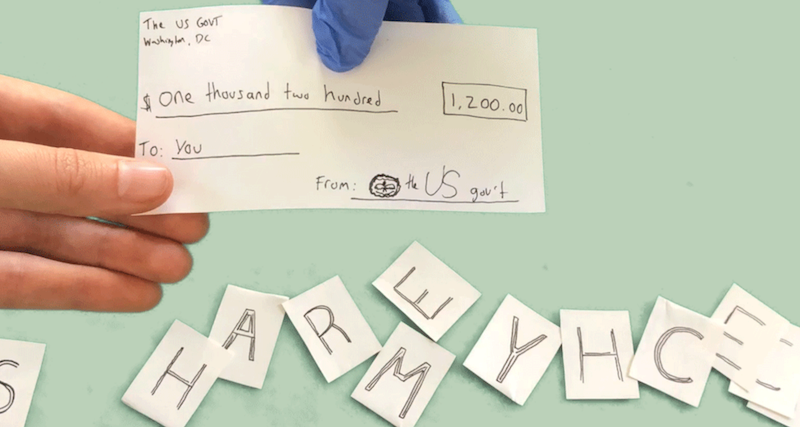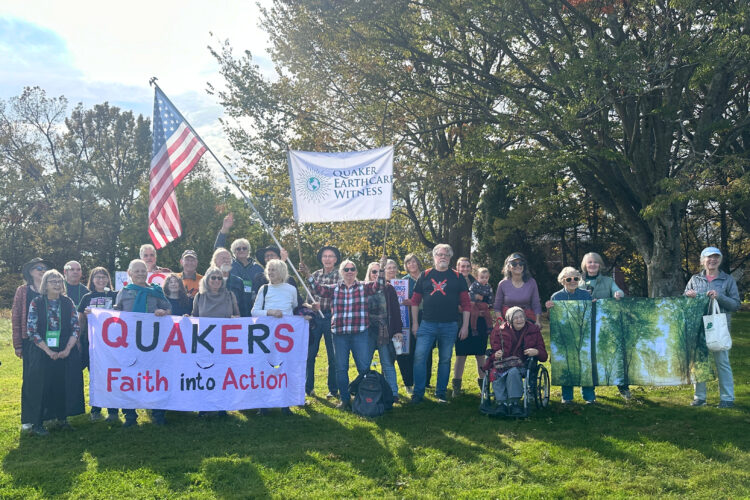How Will I #ShareMyCheck?

By Hayley Hathaway.
MY BANK ACCOUNT looked good after I received my Economic Impact Payment of $1200 this spring. I felt grateful for the money Yet, I still have a job, unlike the 25 million people who have applied for unemployment in the US since the pandemic started. I got my check—but millions didn’t. The government’s program left out those who don’t have social security numbers or home addresses, are undocumented or incarcerated, and young adults claimed as dependents. As a response to this inequity, grassroots groups and frontline communities across the country are calling on those of us who received the stimulus money to #ShareMyCheck. This people-led distribution is one of the ways we can practice solidarity during this crisis.
The website sharemycheck.org is hosted by Resource Generation, a multiracial membership community of young people (18-35) with wealth and/or class privilege committed to the equitable distribution of wealth, land, and power. They encourage those who can to donate to local mutual aid efforts and grassroots movements.
Marla Marcum, of the Climate Disobedience Center, also encourages a thoughtful approach to redistribution based on reparations and relationships: “We join many others to proclaim that this is an opportunity to move the wealth generated through colonization and slavery back to those from whom it was originally stolen. If you do receive these funds, we invite you to discern whether you are called to move (or return) those resources to projects led by Black, Indigenous, and undocumented people. If your income is high enough to exclude you from receiving these funds, we invite you to begin or deepen a commitment to making reparations real. We mourn that so much of our society was created and is sustained by extraction of resources (including labor) from people and the land.”
The Climate Disobedience Center’s website includes examples of where their team has given their money, such Ekvn-Yefolecv, an intentional ecovillage community of Indigenous Maskoke persons in Alabama, and Restoration Urban Farm, a Black-led urban farm for formerly incarcerated people in Pawtucket, RI. Click here to learn more.
I’m motivated by these efforts by my peers to move towards a place of integrity and right relationship in a practical way. I will #sharemycheck. Will you?

